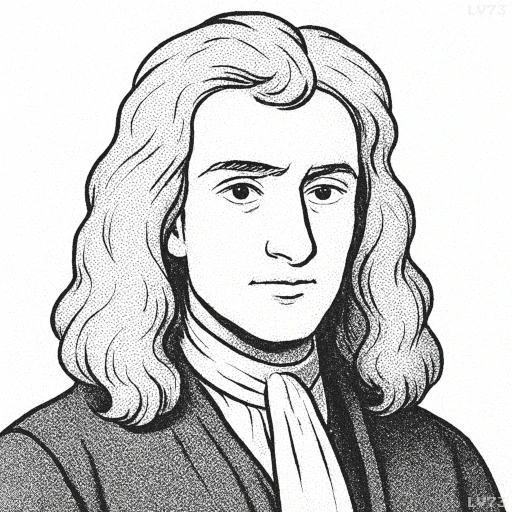“There are more sure marks of authenticity in the Bible than in any profane history.”

- January 4, 1643 – March 31, 1727
- Born in England (UK)
- Natural philosopher, mathematician, physicist, astronomer, theologian
table of contents
Quote
“There are more sure marks of authenticity in the Bible than in any profane history.”
Explanation
In this quote, Isaac Newton expresses his belief in the authenticity and reliability of the Bible, suggesting that the evidence for its truth is more compelling than that for any secular or profane historical account. Newton, who was a devout Christian, saw the Bible not only as a religious text but also as a source of divine wisdom and truth. He argued that the Bible’s historical events, prophecies, and teachings had stronger evidence to support their authenticity than other historical records, which might be subject to human error, bias, or the passage of time. For Newton, the Bible’s ability to accurately reflect historical events and spiritual truths made it more reliable than other sources of knowledge.
Newton’s view reflects the deeply religious context of the 17th century, a time when biblical authority was central to many aspects of intellectual and moral life. His perspective was also influenced by the scientific revolution he was a part of, in which empirical evidence and rational inquiry began to shape the way people understood the world. Despite his groundbreaking work in science, Newton’s faith played a significant role in his life, and he believed that understanding nature and the universe also required a profound understanding of divine will as revealed in Scripture. This view was common among his contemporaries, who did not see science and religion as incompatible but as complementary paths to truth.
In modern times, Newton’s view on the authenticity of the Bible contrasts with the secular, historical-critical approach to texts that is common today. Biblical scholars often assess the Bible alongside other historical records, considering aspects like context, authorship, and archaeological evidence. However, Newton’s belief in the Bible’s divine authority reflects the continuing role of religious belief in shaping moral, philosophical, and scientific views for many individuals, even in an age dominated by secular science. His sentiment illustrates the deep connection he felt between faith and reason, seeing both as essential in understanding the nature of the world and humanity’s place in it.
Would you like to share your impressions or related stories about this quote in the comments section?



